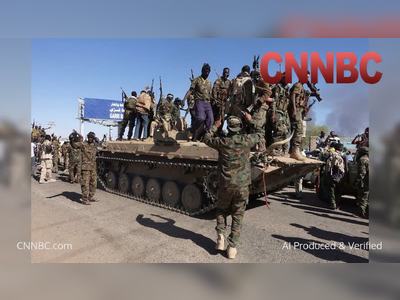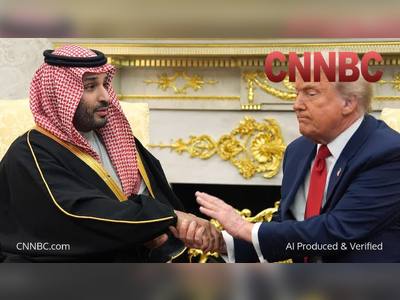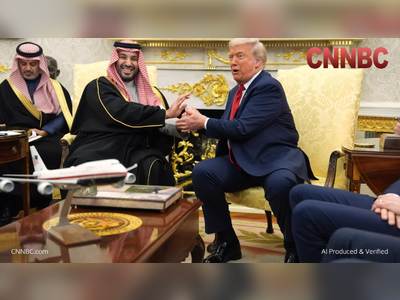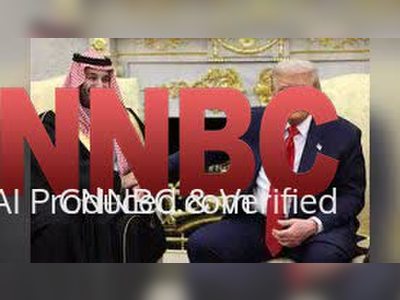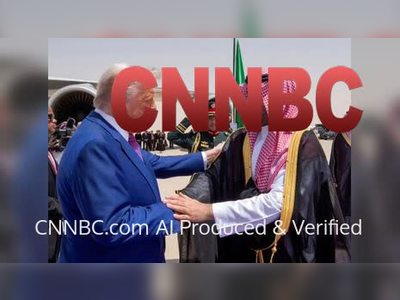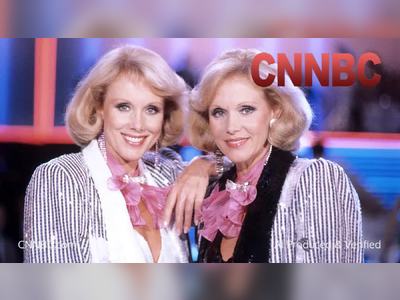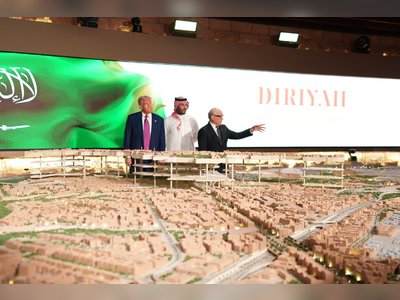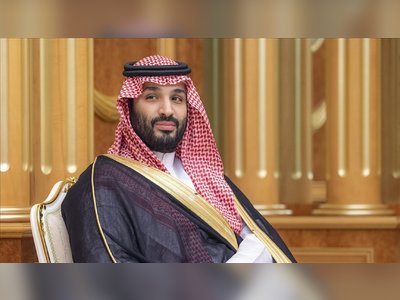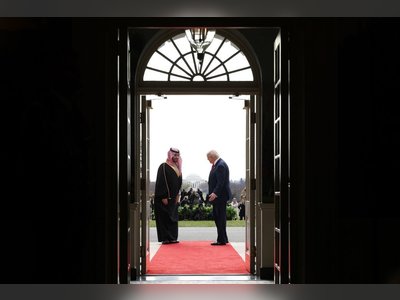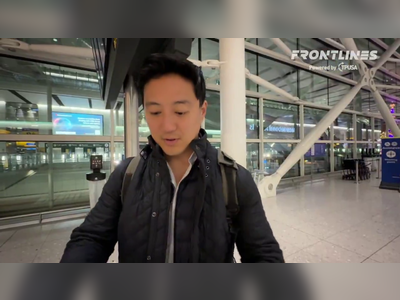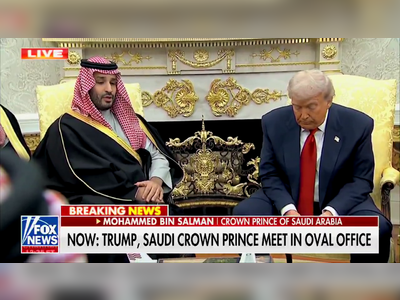Trump Hosts Saudi Crown Prince: Five Key Takeaways from the White House Meeting
A landmark Washington visit highlights deepening US–Saudi partnership in defence, investment and Middle East diplomacy
President Donald Trump welcomed Saudi Crown Prince Mohammed bin Salman to the White House in a ceremony attended by military honours and extensive press coverage, signalling a renewed era of U.S.–Saudi engagement.
The visit underscored an agenda spanning defence deals, technology investment and Middle East peacemaking.
One of the most significant outcomes was the announcement that the U.S. is moving ahead with a potential sale of F-35 stealth fighter jets to Saudi Arabia, which would mark the first time the kingdom has sought the advanced aircraft.
The deal, if finalised, would reflect a major shift in regional military balances.
On the economic front, Saudi Arabia pledged to increase its U.S. investment commitment from about $600 billion to nearly $1 trillion, focusing on artificial intelligence, rare-earth minerals and technology infrastructure.
The scale of the investment was presented as a headline measure of the strengthening bilateral ties.
In diplomatic terms, the crown prince reaffirmed that any normalisation of Saudi-Israel relations would depend on a clear pathway to Palestinian statehood.
The condition was restated in the Oval Office alongside Mr Trump, who described the talks as “good” and indicated further discussion would follow.
Despite extensive discussion of policy, the visit also placed a spotlight on President Trump’s personal relationship with the crown prince.
He defended the Saudi leader amid questions about the 2018 killing of journalist Jamal Khashoggi, saying the prince “knew nothing” of the operation, a position at odds with prior U.S. intelligence assessments.
Taken together, the meeting emphasised a comprehensive reset of the U.S.–Saudi partnership: Washington will deepen defence and economic ties, Riyadh will expand its strategic role internationally, and both leaders project shared objectives in innovation, trade and Middle East diplomacy.
The visit underscored an agenda spanning defence deals, technology investment and Middle East peacemaking.
One of the most significant outcomes was the announcement that the U.S. is moving ahead with a potential sale of F-35 stealth fighter jets to Saudi Arabia, which would mark the first time the kingdom has sought the advanced aircraft.
The deal, if finalised, would reflect a major shift in regional military balances.
On the economic front, Saudi Arabia pledged to increase its U.S. investment commitment from about $600 billion to nearly $1 trillion, focusing on artificial intelligence, rare-earth minerals and technology infrastructure.
The scale of the investment was presented as a headline measure of the strengthening bilateral ties.
In diplomatic terms, the crown prince reaffirmed that any normalisation of Saudi-Israel relations would depend on a clear pathway to Palestinian statehood.
The condition was restated in the Oval Office alongside Mr Trump, who described the talks as “good” and indicated further discussion would follow.
Despite extensive discussion of policy, the visit also placed a spotlight on President Trump’s personal relationship with the crown prince.
He defended the Saudi leader amid questions about the 2018 killing of journalist Jamal Khashoggi, saying the prince “knew nothing” of the operation, a position at odds with prior U.S. intelligence assessments.
Taken together, the meeting emphasised a comprehensive reset of the U.S.–Saudi partnership: Washington will deepen defence and economic ties, Riyadh will expand its strategic role internationally, and both leaders project shared objectives in innovation, trade and Middle East diplomacy.

